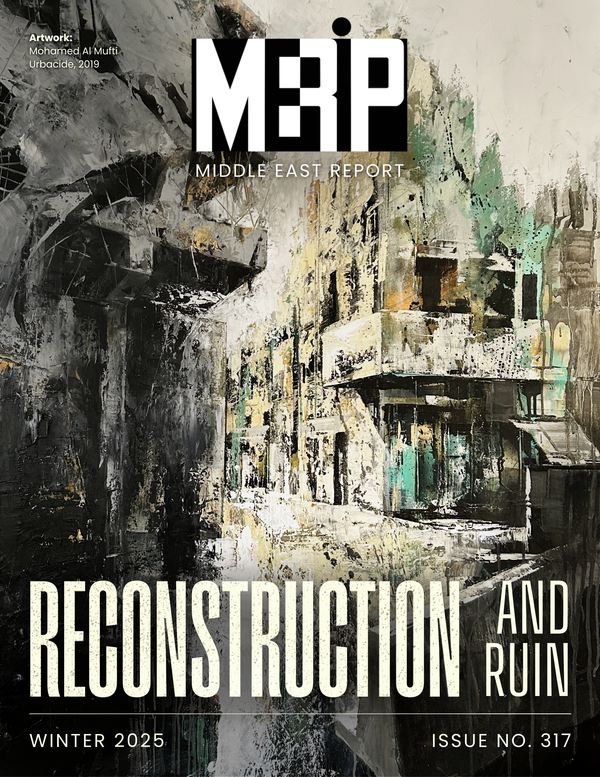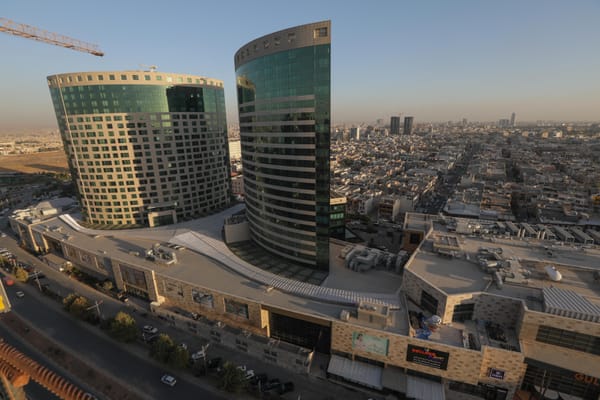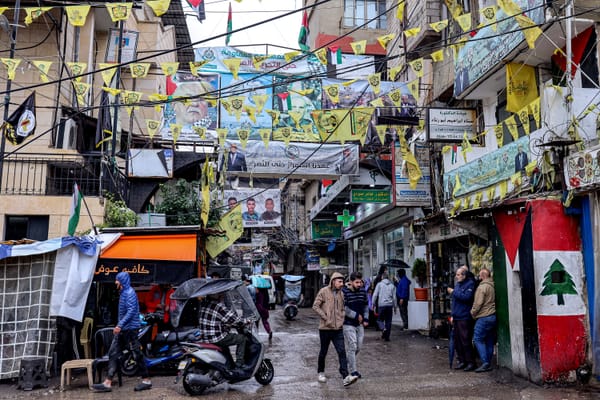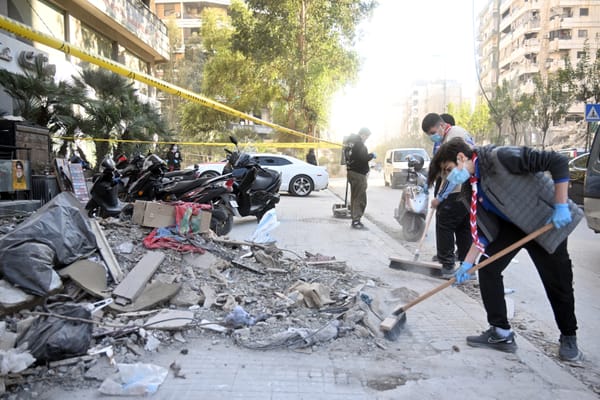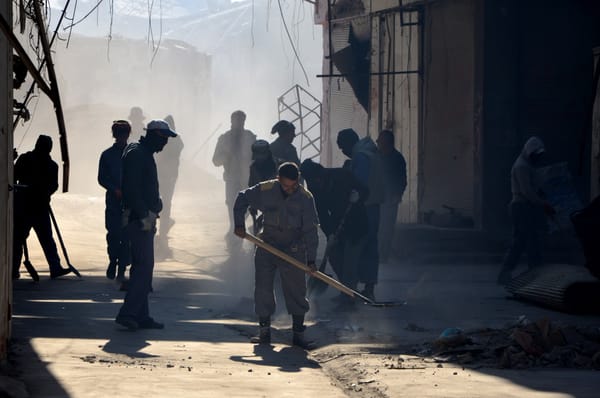Iranian Press Update
The press has played a crucial role in advancing Iran’s emerging reformist agenda. Following the initial wave of attacks on the reformist press, which culminated in the closure of Jame’eh and Tous in the summer of 1998, a second crop of independent dailies appeared in late 1998. These papers exposed




